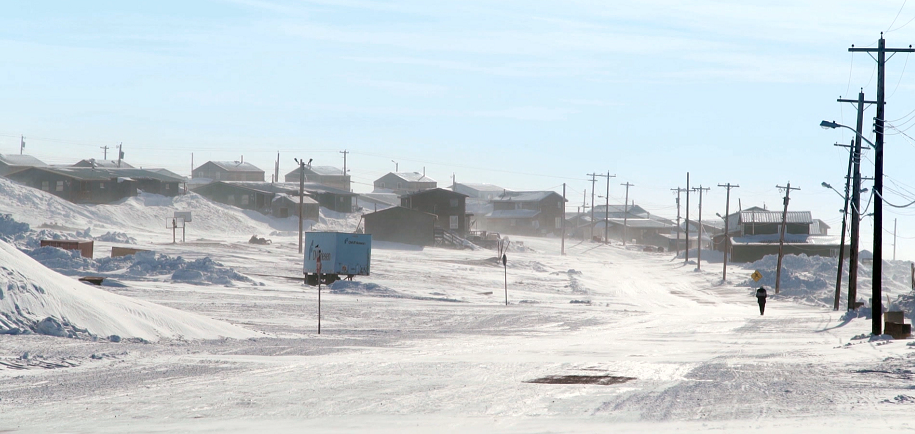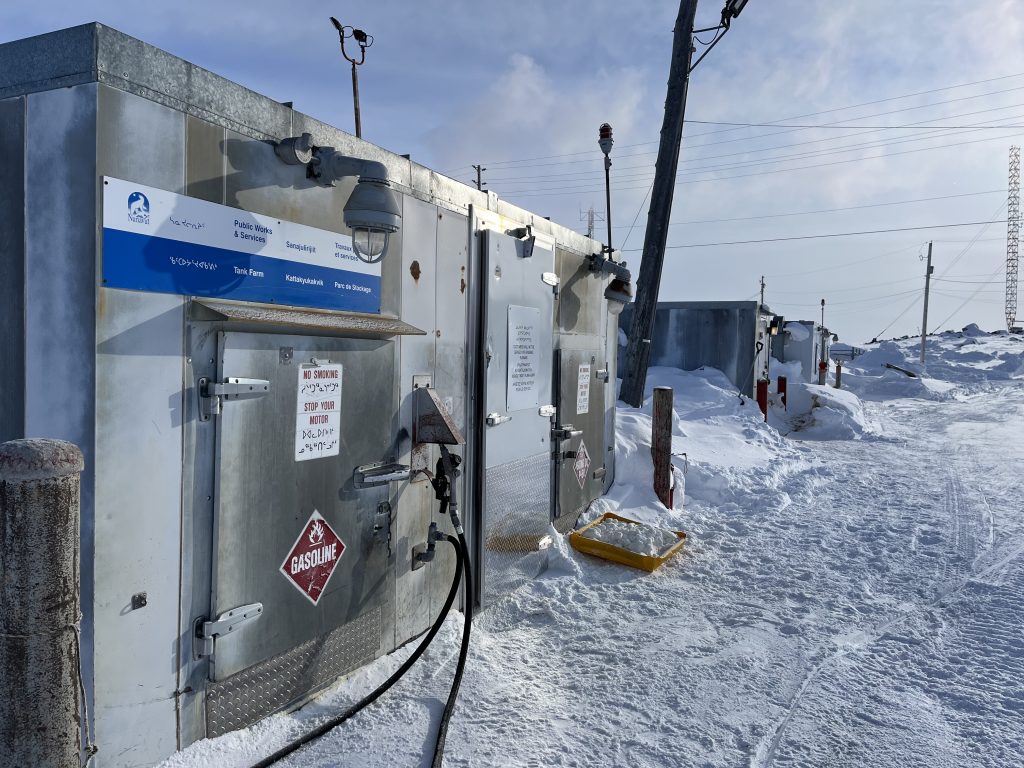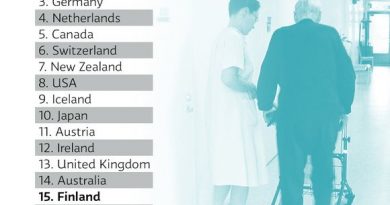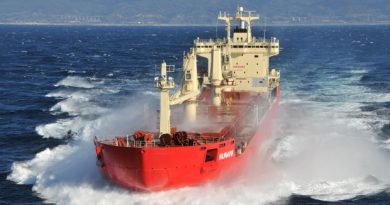Ottawa pledges $19M for Nunavut projects to slash diesel use

Ottawa has pledged $19M for renewable energy projects in Nunavut, emphasizing the need to back community-driven clean energy initiatives.
“[The projects] are crucial to tackling climate change and growing a clean energy economy in the North,” Dan Vandal, Canada’s Minister of Northern Affairs, said in a statement on Monday.
“These Inuit-led and delivered initiatives will reduce pollution, save money, and create good jobs in Nunavut.”
All three projects are in communities in the Kivalliq Region, an administrative area in the southern part of the territory.
“It is critical that we fight climate change, build infrastructure that supports economic growth, and change the legacy of diesel fuel that is shipped through sensitive Arctic waters,” Kono Tattuinee, president of the Kivalliq Inuit Association, the body that represents Inuit in the region, said.
Solar, wind projects
In Naujaat, where diesel powers the electricity, the funding will support a 1.0+ megawatt solar and battery storage facility scheduled to start construction later on this summer. The project will aim to produce 30 per cent of the community’s electricity.
Another portion of the funding will be used to install three solar panels on buildings in Rankin Inlet. These buildings are owned by Sakku Properties Ltd., a subsidiary of Sakku Investments Corporation.
Once operational, the systems are expected to reduce diesel use by over 56,000 litres and cut greenhouse gas emissions by 178,000 kg each year.

“Investing in a clean energy future for Nunavut is critical as our region grows and we shift away from burning fossil fuels, which is vital to protecting our lands, waters and communities for generations to come,” David Kakuktinniq, President and CEO of Sakku Investments Corporation, said.
By 2025, the project is also expected to start supplying solar power to the wider community.
The remaining funding will go to wind energy development in Rankin Inlet and the community of Baker Lake.
Related stories from around the North:
Canada: N.W.T. announces carbon tax exemption on diesel for home heating, CBC News
Norway: Will the green transition be the new economic motor in the Arctic?, Eye on the Arctic
Sweden: Sweden’s climate policies closer to reaching goals, Radio Sweden



